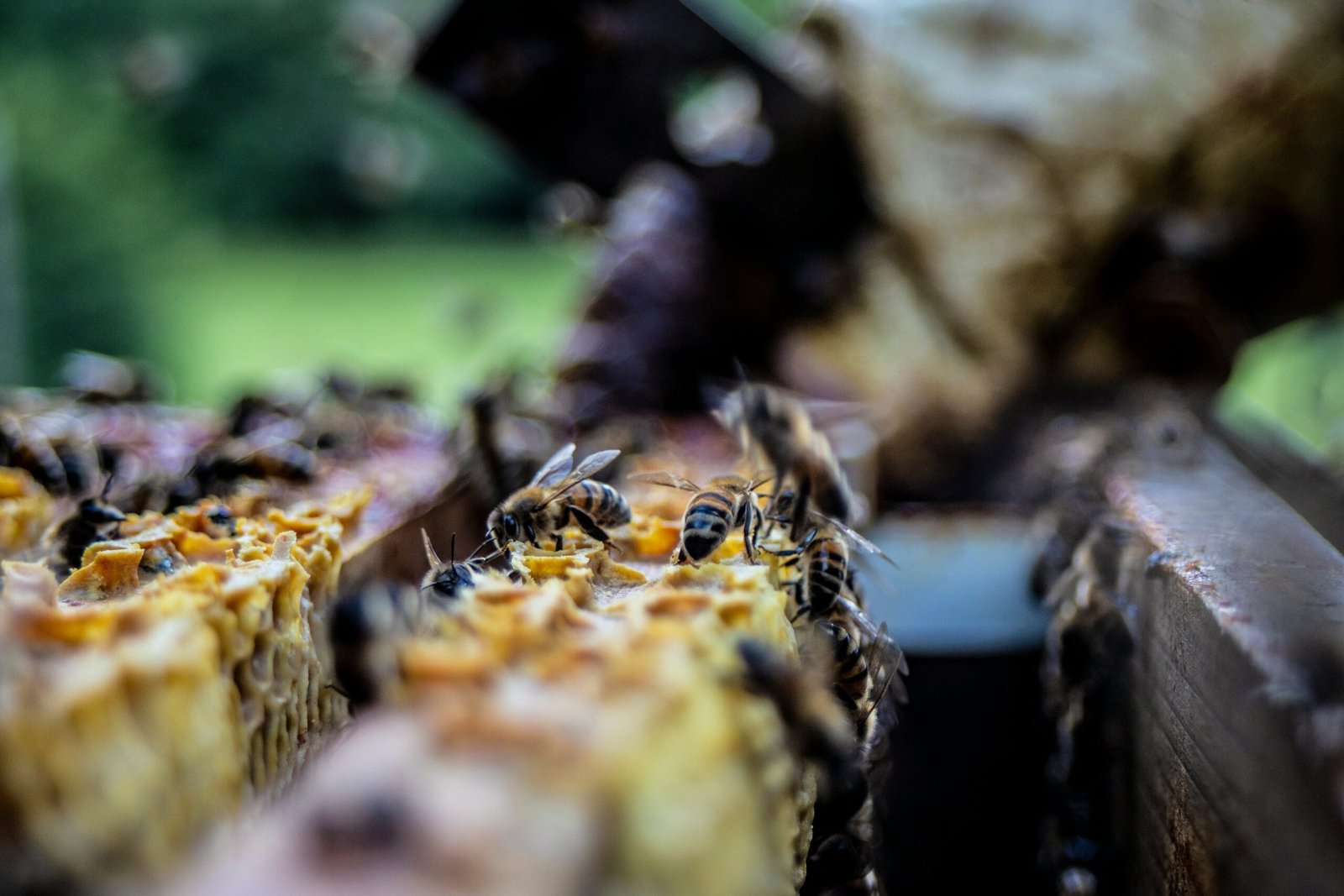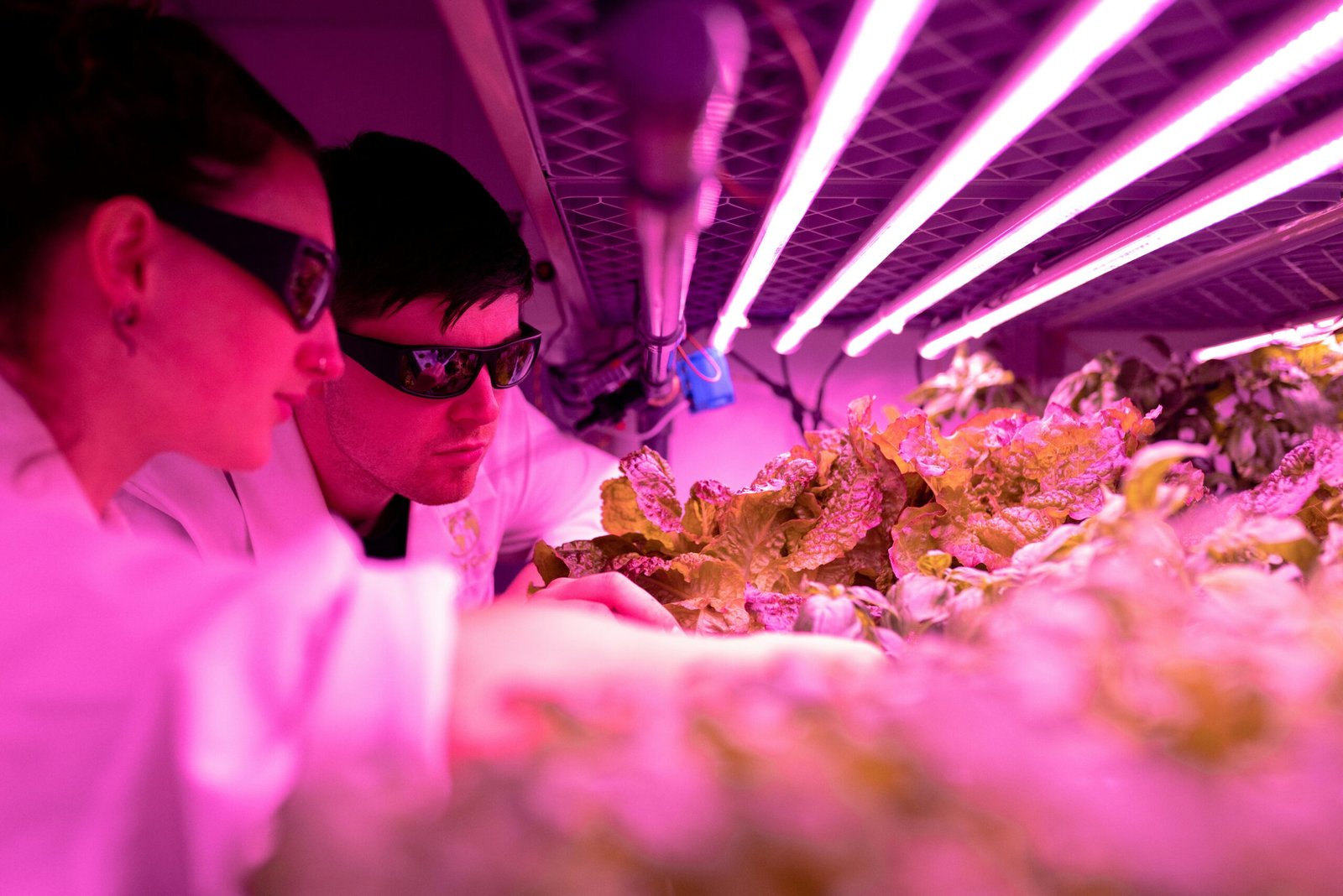What is Agricultural Innovation
Agricultural innovation is transforming farming practices around the globe. With the challenges of climate change and a growing population, the need for efficient agricultural techniques has never been more critical. Biotechnology interventions are a significant part of this transformation, promising improved yields and sustainable practices.
Key Biotechnology Interventions (BI)
BI in agriculture encompasses a variety of techniques, including genetically modified organisms (GMOs), CRISPR gene editing, and biofortification. These innovations allow farmers to produce crops more resilient to pests, diseases, and environmental stressors. The following table highlights specific biotechnological methods and their benefits:
| Intervention | Benefits |
|---|---|
| Genetic Modification | Higher yield, pest resistance, reduced pesticide use |
| CRISPR Gene Editing | Precise modifications, improved crop quality |
| Biofortification | Nutrient-rich crops, improved public health |
The Future of Farming
As these agricultural innovations continue to evolve, the implications for global food security are significant. By incorporating biotechnology into farming practices, we can ensure that agriculture adapts to the changing environmental conditions and meets the global demand for food. The collaborative efforts between scientists, farmers, and policymakers will shape the future of farming, making it more sustainable and efficient for generations to come.





